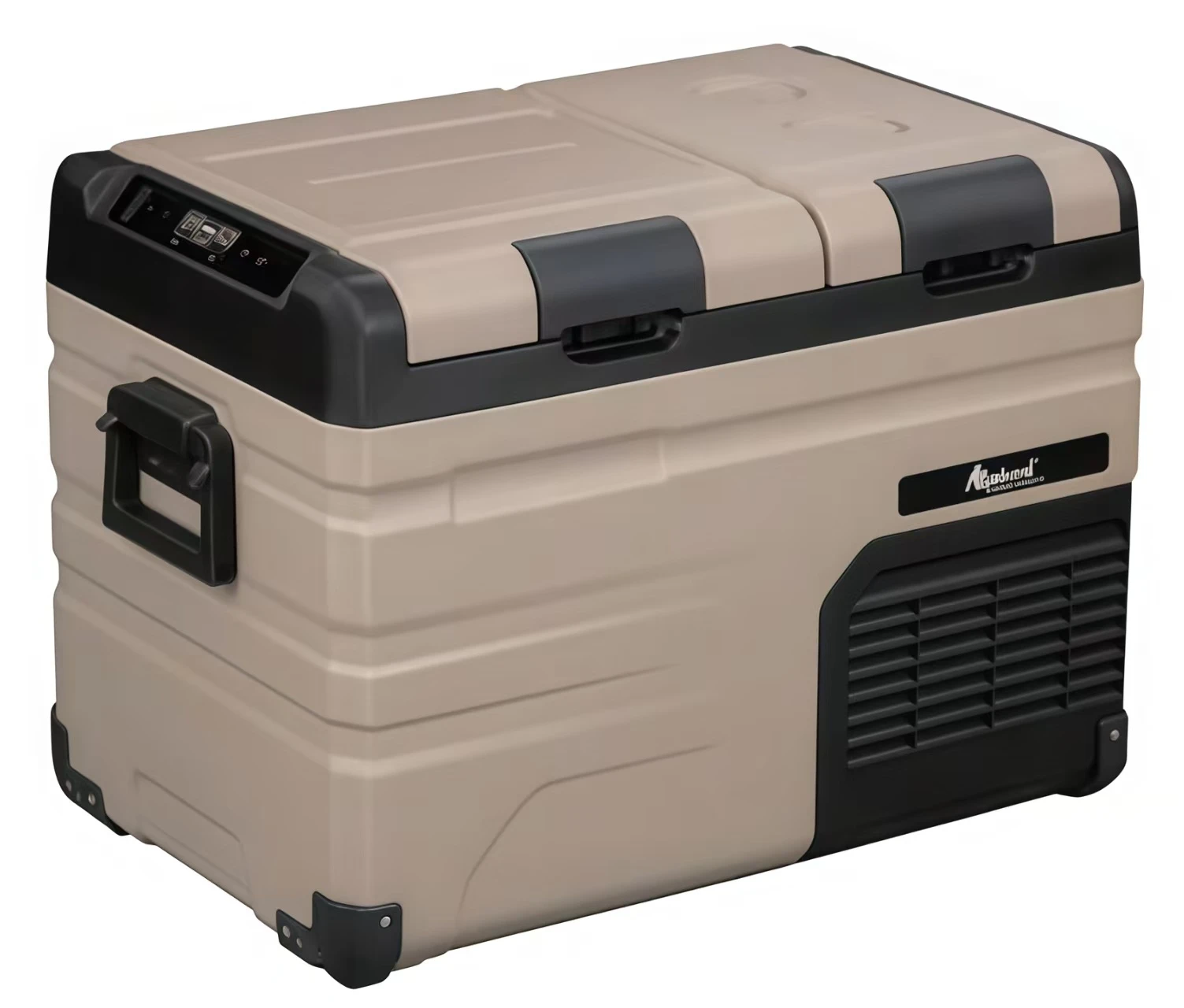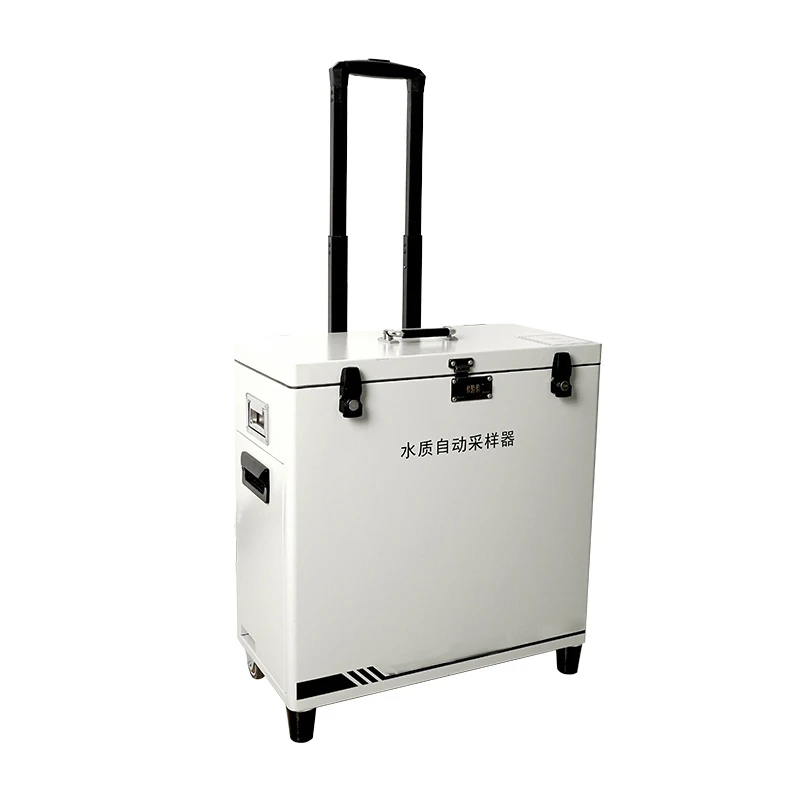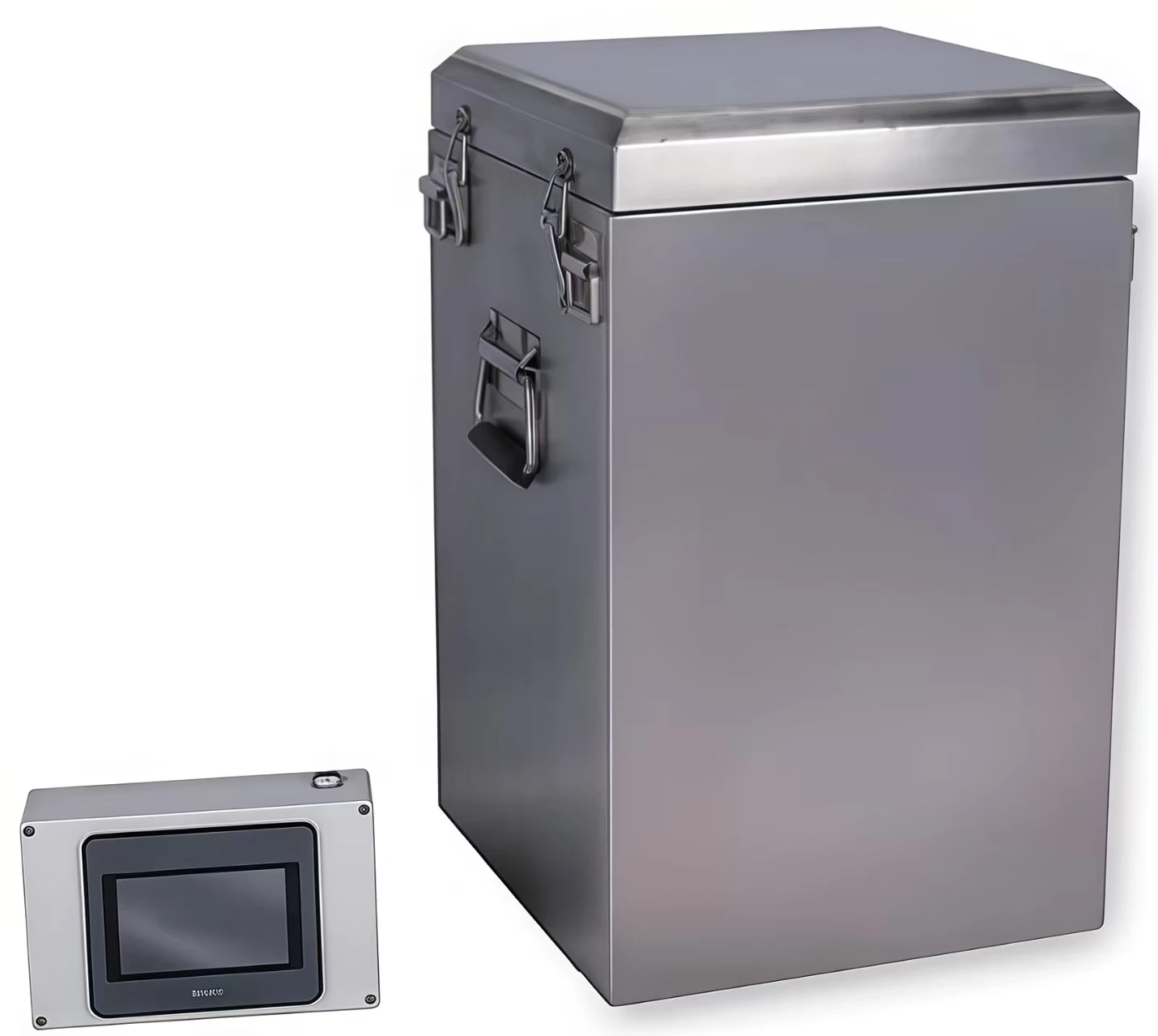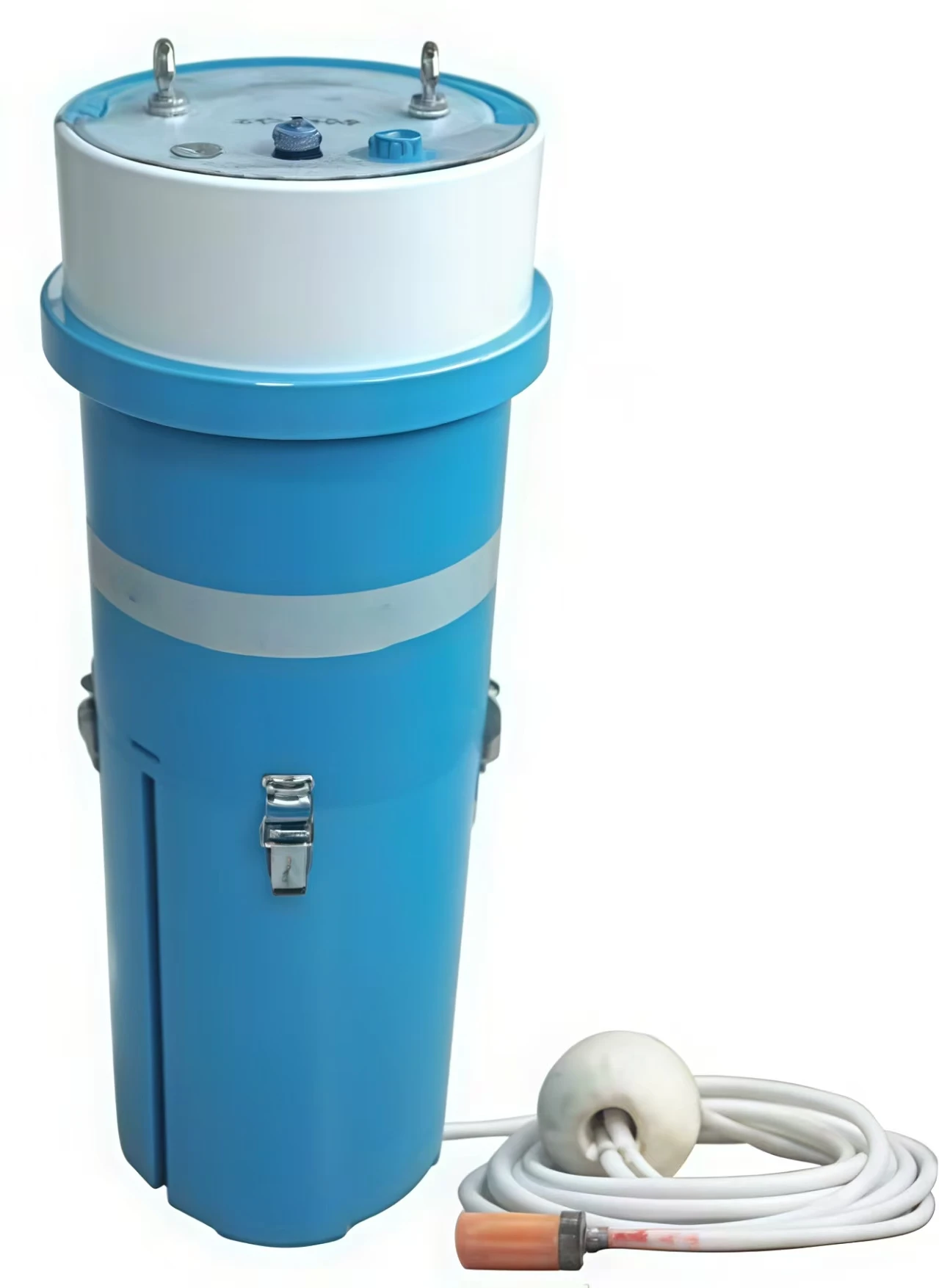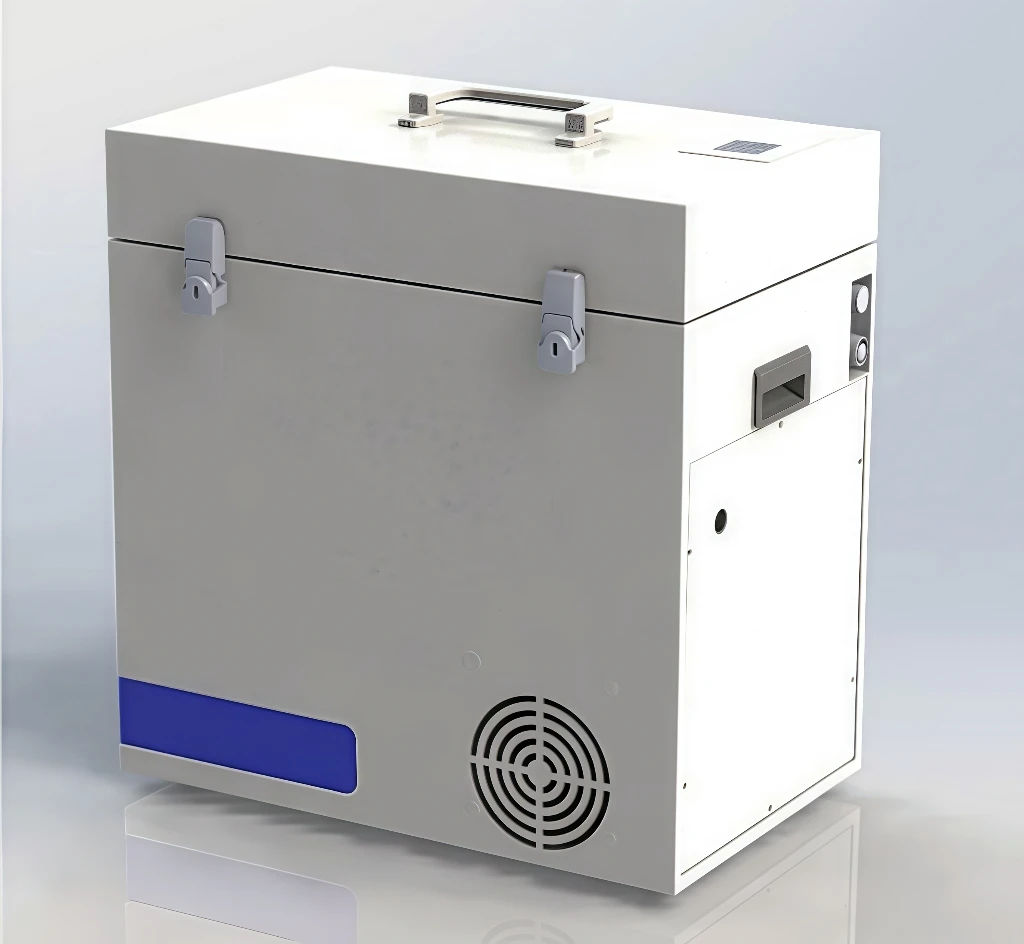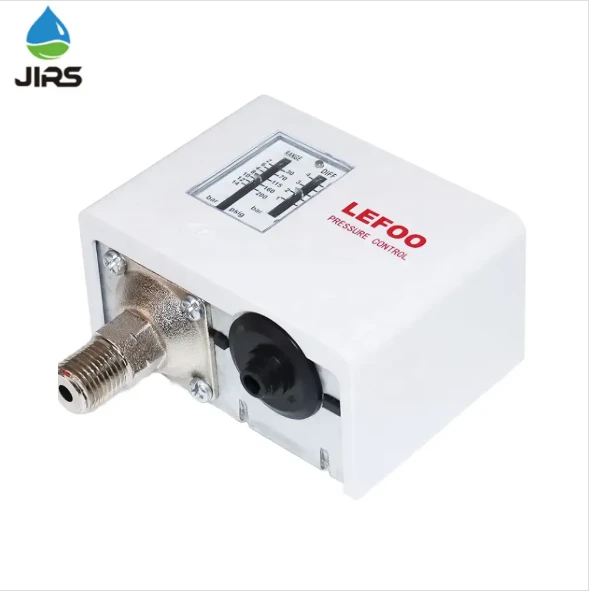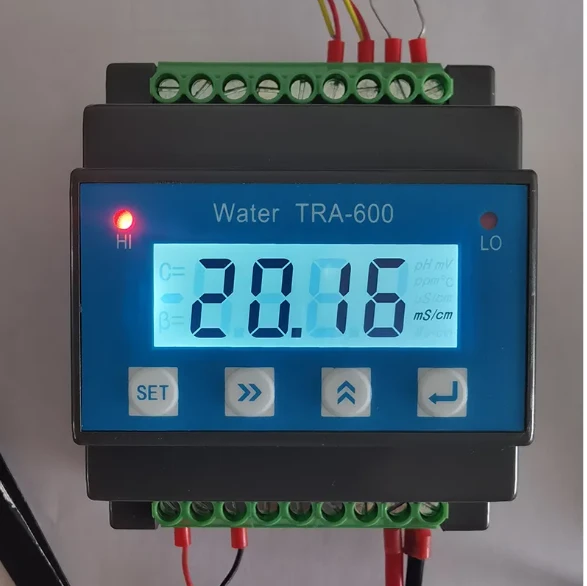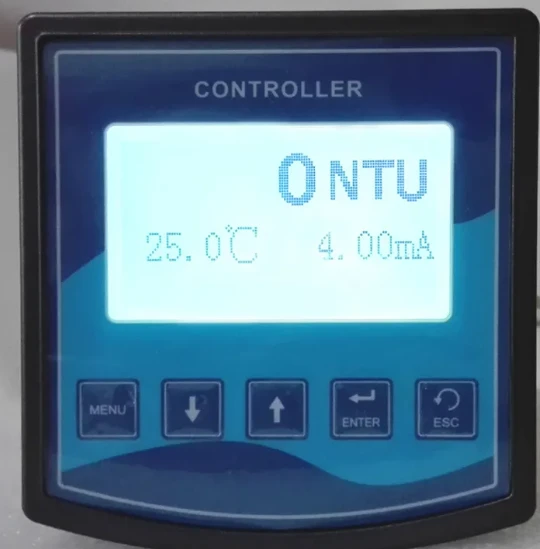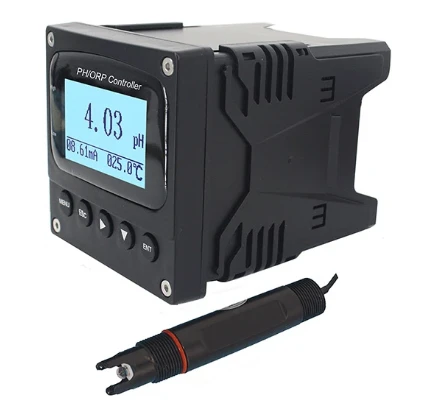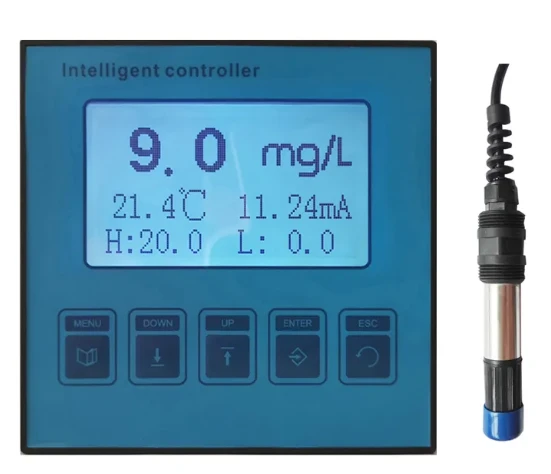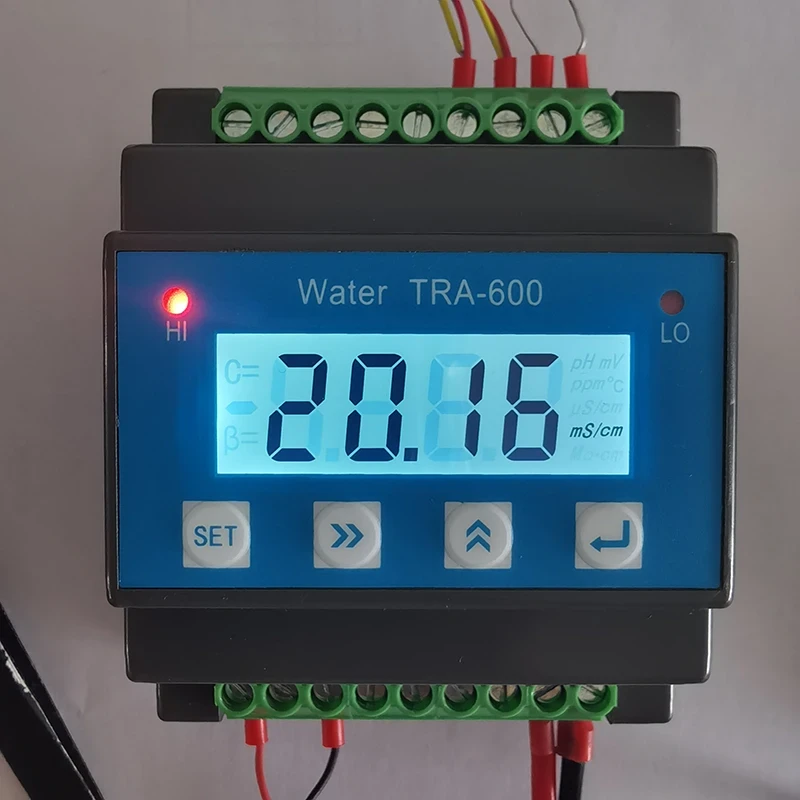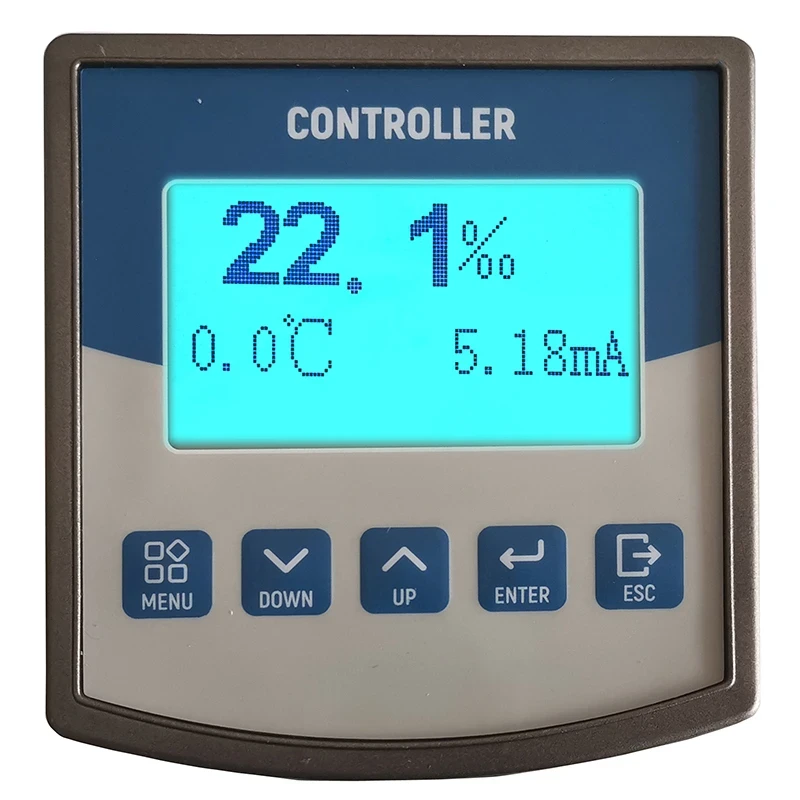Benefits of Using an Automated Chlorine Monitor
aug . 21, 2025
In the realm of water quality management, maintaining precise chlorine levels is paramount for safety and compliance across industries. An automated chlorine monitor emerges as a game-changer, offering unparalleled accuracy and efficiency compared to manual testing. Hebei JIRS Import & Export Co., Ltd., a leader in water quality solutions, provides advanced chlorine sensor technology and total chlorine meter systems that redefine how businesses monitor and control chlorine levels. Their products cater to diverse sectors, from drinking water treatment plants to swimming pools, ensuring consistent performance and reliability. With a focus on innovation, quality, and exceptional after-service, the company empowers wholesalers to deliver solutions that meet the stringent demands of modern water management.
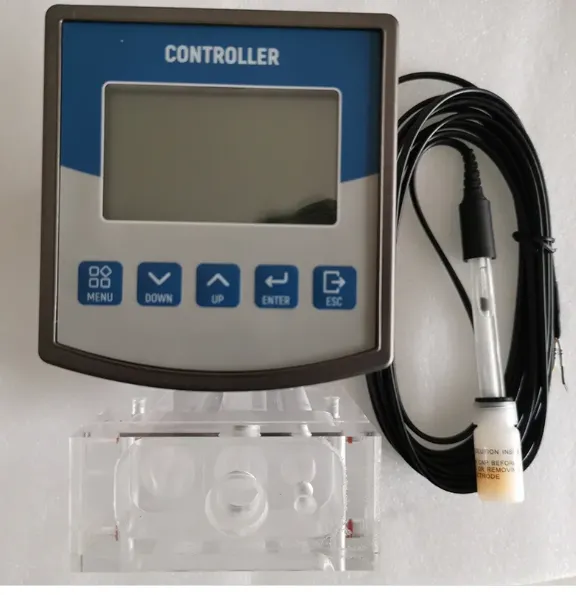
Chlorine Monitor: Core Advantages in Water Management
An automated chlorine monitor streamlines water quality control, offering benefits that span accuracy, efficiency, and compliance.
|
Advantage |
Manual Testing Limitation |
Automated Chlorine Monitor Solution |
|
Real-Time Data |
Infrequent readings, delayed issue detection |
Continuous monitoring with instant alerts |
|
Accuracy |
Prone to human error in measurement and recording |
Precision chlorine sensor technology ensures consistent results |
|
Cost Efficiency |
High chemical waste and re-treatment costs |
Optimizes chlorine usage, reducing material expenses |
Total Chlorine Meter: Applications Across Industries
A total chlorine meter is versatile, adapting to diverse industry needs where chlorine monitoring is critical.
Hebei JIRS’s products excel in these applications, thanks to features like simultaneous multi-parameter display (residual chlorine, temperature, output current) and easy-to-use English menus.
|
Industry |
Chlorine Monitoring Requirement |
Hebei JIRS Product Feature Meeting Need |
|
Drinking Water |
Strict residual chlorine compliance |
0-20.00mg/L range, high accuracy (±1% or ±0.01mg/L) |
|
Swimming Pools |
Prevent bacterial growth, ensure comfort |
Automatic temperature compensation, real-time alerts |
|
Industrial Cooling |
Avoid corrosion/scaling |
Relay controls for automated adjustments |
Chlorine Sensor: Technology and Performance
The chlorine sensor is the heart of an automated chlorine monitor, dictating accuracy and reliability.
|
Sensor Feature |
Benefit |
Impact on Operations |
|
Non-Membrane Design |
Eliminates diaphragm/chemical replacements |
Reduces maintenance costs and downtime |
|
Fast Signal Response |
Instant chlorine level updates |
Enables quick adjustments to maintain optimal levels |
|
High Sensitivity |
Detects minor fluctuations |
Ensures compliance with strict standards |
Hebei JIRS’s Chlorine Monitor Systems: Technical Specifications
Hebei JIRS’s automated chlorine monitor systems combine cutting-edge features with user-centric design, making them a top choice for wholesalers.
These specifications reflect Hebei JIRS’s commitment to quality, with each system undergoing rigorous testing to meet international standards. The inclusion of features like English menu operation and factory reset functions enhances usability, making them accessible to operators across skill levels.
|
Technical Parameter |
Details |
Advantage for Users |
|
Measuring Range |
Residual chlorine: 0-20.00mg/L; Temperature: 0~60°C |
Covers diverse industry needs, from pools to drinking water |
|
Accuracy |
±1% or ±0.01mg/L (chlorine); ±0.5°C (temperature) |
Ensures compliance with regulatory standards |
|
Output Options |
4-20mA current output; RS-485 communication (optional) |
Integrates seamlessly with existing control systems |
|
Control Features |
Two sets of ON/OFF relays (high/low alarms); third relay for auto-cleaning |
Automates adjustments and maintenance, reducing manual intervention |
|
Power & Durability |
220VAC ±10%; IP65 protection |
Withstands harsh environments and ensures data retention |
Chlorine Monitor FAQS
How does an automated chlorine monitor improve compliance with regulations?
An automated chlorine monitor improves compliance by providing continuous, accurate records of chlorine levels, which is essential for meeting regulatory requirements. Manual testing often lacks the frequency and precision needed to demonstrate consistent adherence to standards. Hebei JIRS’s systems, with their high accuracy (better than ±1% or ±0.01mg/L) and 10-year power-off memory, store historical data that can be easily retrieved for audits. This documentation, combined with real-time alerts for deviations, ensures businesses can address issues promptly, avoiding penalties and ensuring public safety.
What makes Hebei JIRS’s chlorine sensor superior to traditional membrane-based sensors?
Hebei JIRS’s chlorine sensor uses advanced non-membrane constant voltage technology, eliminating the need for diaphragm replacements and chemical refills—common pain points with traditional membrane-based sensors. This reduces maintenance costs and downtime, making it ideal for high-volume applications like drinking water treatment plants. Additionally, the sensor offers rapid signal response and stable performance, ensuring accurate readings even in challenging water conditions. Its design reflects the company’s focus on innovation, providing a durable solution that outperforms traditional alternatives in longevity and reliability.
Can a total chlorine meter be used for both residual and total chlorine measurements?
While Hebei JIRS’s total chlorine meter is primarily designed for residual chlorine monitoring, its advanced technology allows for adaptation to total chlorine measurements in specific configurations. The system’s flexibility, including adjustable parameters and high-precision sensing, makes it suitable for applications where both residual and total chlorine levels need tracking, such as industrial wastewater treatment. Wholesalers can consult Hebei JIRS’s technical team to determine the best setup for clients requiring dual monitoring capabilities, ensuring the system meets their unique needs.
How does temperature compensation in an automated chlorine monitor affect accuracy?
Temperature significantly impacts chlorine reactivity and measurement accuracy, as chlorine’s effectiveness and solubility vary with temperature. Hebei JIRS’s automated chlorine monitor includes automatic temperature compensation, which adjusts readings to account for these variations. This ensures that measurements remain accurate regardless of ambient or water temperature fluctuations, a critical feature for outdoor applications like swimming pools or cooling towers.
What support does Hebei JIRS offer for troubleshooting chlorine monitor issues?
Hebei JIRS provides comprehensive support for troubleshooting chlorine monitor issues through their dedicated online support team. This team assists with installation challenges, calibration problems, and technical glitches, ensuring minimal downtime for clients. The company’s commitment to after-service includes guidance on using features like the watchdog function and factory reset options. Additionally, their products are designed with user-friendly diagnostics, such as range over-limit prompts, to simplify issue identification. Wholesalers can rely on Hebei JIRS to resolve problems promptly, enhancing client satisfaction and trust in the products.
Related Products
Related News







